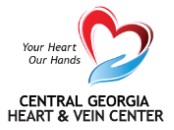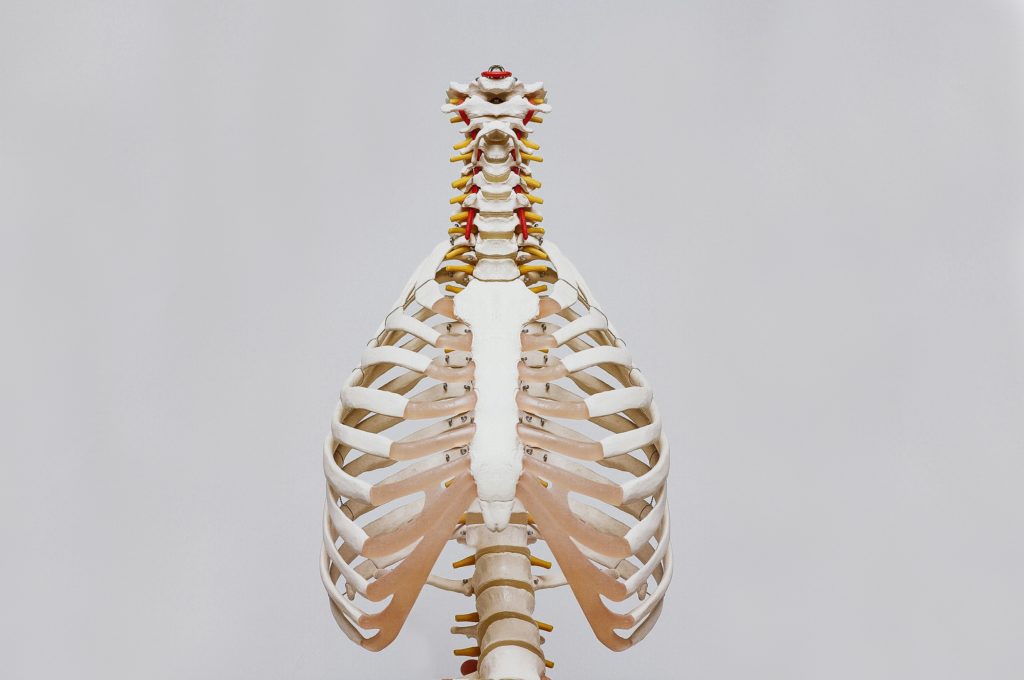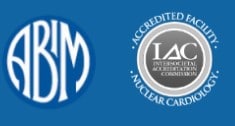Sometimes cardiac arrest and heart attack are used interchangeably but they are actually two different conditions. You can read about a heart attack here. Cardiac arrest, however, is a condition when there is an electrical malfunction of the heart that causes it to stop beating altogether. This means that no blood is flowing in the body at all.
Symptoms of Cardiac Arrest:
- Loss of consciousness
- No pulse
- Sudden collapse
- No breathing
Sometimes other signs can precede a cardiac arrest event. Those may include:
- Fatigue
- Fainting
- Blackouts
- DIzziness
- Chest Pain
- Shortness of breath
- Weakness
- Palpitations
- Vomiting
Causes of Cardiac Arrest
The immediate cause of cardiac arrest is usually an abnormality in heart rhythm as controlled by the electrical systems of the body. The heart has a specialized group of cells that generate electrical impulses in the heart to synchronize the heart rate and coordinate the pumping of blood from the heart to the rest of your body. The most common cause is an arrhythmia. Some other causes include:
- Coronary Artery Disease
- Heart Attack
- Enlarged Heart (cardiomyopathy)
- Valvular Heart Disease
- Congenital Heart Disease
- Electrical problems
Risk Factors
There are certain factors that can place you at more of a risk for cardiac arrest. Lifestyle and overall health can be a major contributing factor. Risks include age, drug and substance abuse, poor nutrition, diabetes, genetics, obesity, heart disease, and family history.
If you believe you may be at risk of a cardiac arrest, consult a cardiologist as soon as possible. If someone near you begins to experience cardiac arrest, dial 911 immediately as a cardiac arrest event can be fatal.





